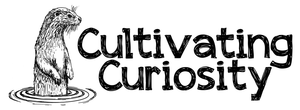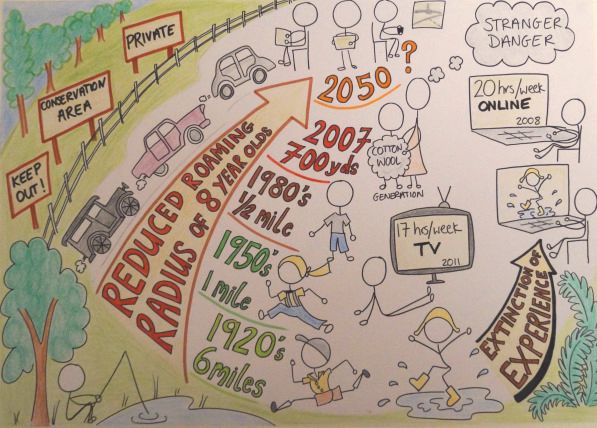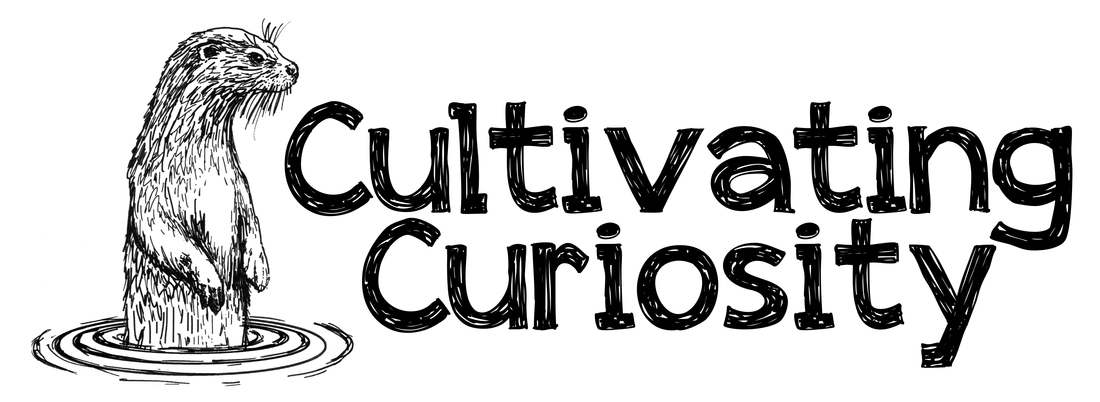About - Click the Headings Below to Drop Down Info
About
At Cultivating Curiosity we organise and deliver nature connection and bushcraft programmes that enable and encourage more people to enjoy nature, develop woodland skills and become more connected human beings.
Cultivating Curiosity is based in Sussex and runs programmes throughout the year, whatever the weather. We build camp fires and shelters, track local wildlife, immerse ourselves in woodland games and stories, make crafts, and learn about the land. Above all, we have fun.
Cultivating Curiosity programmes are designed to be engaging and confidence building. We work with local education groups during school term time and run several holiday programmes.
You can learn more about each programme by visiting our Programmes pages.
Cultivating Curiosity is based in Sussex and runs programmes throughout the year, whatever the weather. We build camp fires and shelters, track local wildlife, immerse ourselves in woodland games and stories, make crafts, and learn about the land. Above all, we have fun.
Cultivating Curiosity programmes are designed to be engaging and confidence building. We work with local education groups during school term time and run several holiday programmes.
You can learn more about each programme by visiting our Programmes pages.
Our Approach
We believe it is extremely valuable for all people, especially children, to spend time outdoors engaging with the elements… After all, us humans did evolve in nature and are wired to respond to it and feel an immense sense of belonging in nature when given the chance. Yet, over the past few generations the amount of time that children actually do this has drastically decreased. So we are part of an international movement within this modern society to reconnect children with nature in a powerful way. Our primary aim is to facilitate deep, meaningful connection to the natural world for individuals. The end goal: healthy, happy, empowered humans who recognise their gifts to bring forward to the benefit of the whole.
Alongside nature connection is developing our relationships to ourselves and other people too. A big part of meeting these aims is simply having fun in natural environments! So we play a lot of games, create things from natural resources, share stories around fires, cook food over the fire, sing songs, celebrate abundance, adventure through woodlands, track animals, notice where the birds are and what other wild homes we can find out there.
Through meeting our primary aim there are many positive outcomes including: growing respect for the natural world, developing whittling skills and dexterity, improving relationship and skill with fire lighting and tending, other tool skills such as safe saw use, experiential learning about lots of aspects of the natural world, the seasons and natural cycles, the animals, camouflage, the interconnectedness of the web of life, food chains, the language of the birds…the list really goes on and on.
Where the founder, Vicky, trained at the Wilderness Awareness School they look for what they call the 8 attributes of awareness emerging in their regular participants – where they see these coming forth in individuals they recognise that they are doing their job as nature mentors well…so we appreciate that these too are natural outcomes of this approach:
We pretty much do not ‘teach’ didactically but instead use an approach that is becoming known as Connection Modelling. There is incredibly rich learning from the well designed, tried and tested, facilitated games, stories and activities that all participants experience. Where applicable to school groups we of course can adapt to fulfil learning outcomes as necessary.
Alongside nature connection is developing our relationships to ourselves and other people too. A big part of meeting these aims is simply having fun in natural environments! So we play a lot of games, create things from natural resources, share stories around fires, cook food over the fire, sing songs, celebrate abundance, adventure through woodlands, track animals, notice where the birds are and what other wild homes we can find out there.
Through meeting our primary aim there are many positive outcomes including: growing respect for the natural world, developing whittling skills and dexterity, improving relationship and skill with fire lighting and tending, other tool skills such as safe saw use, experiential learning about lots of aspects of the natural world, the seasons and natural cycles, the animals, camouflage, the interconnectedness of the web of life, food chains, the language of the birds…the list really goes on and on.
Where the founder, Vicky, trained at the Wilderness Awareness School they look for what they call the 8 attributes of awareness emerging in their regular participants – where they see these coming forth in individuals they recognise that they are doing their job as nature mentors well…so we appreciate that these too are natural outcomes of this approach:
- Common Sense (which isn’t so common these days!)
- Aliveness and agility
- Inquisitive focus
- Caring and tending
- Service to the community
- Awe and Reverence
- Self sufficiency
- Quiet Mind
We pretty much do not ‘teach’ didactically but instead use an approach that is becoming known as Connection Modelling. There is incredibly rich learning from the well designed, tried and tested, facilitated games, stories and activities that all participants experience. Where applicable to school groups we of course can adapt to fulfil learning outcomes as necessary.
Why It's needed at this time
Why is it important?
It may seem like children would naturally go outside in natural environments and have a good time – you could well ask the question what is the need to run these sorts of programmes?
For most children there are barriers and distractions to getting outside and research shows that children are spending progressively less time outdoors. According to research by Natural England (2009), 38% of children in the UK spend under one hour per day outdoors. More recently, the National Trust brought out a report called 'Natural Childhood' by Stephen Moss which highlights:
It is for these reasons, amongst many more, that there is a huge rise in this movement to get children outdoors and to facilitate fun experiences for them to reconnect.
For most children there are barriers and distractions to getting outside and research shows that children are spending progressively less time outdoors. According to research by Natural England (2009), 38% of children in the UK spend under one hour per day outdoors. More recently, the National Trust brought out a report called 'Natural Childhood' by Stephen Moss which highlights:
- The Causes and Consequences of Nature Deficit Disorder to Britain's children and how the lack of engagement with nature affects children's health and well-being. This report makes strong cases for compromised physical health problems including obesity, mental health problems and children's growing inability to assess risks to themselves and others.
- The potential benefits that reversing the generational decline in connection with the natural world would have on these four categories: (i) Health (ii) Education (iii) Communities (iv) Environment
- By outlining the barriers that influence this decline in engagement with the natural world (including: traffic hazards, health and safety policies limiting children's freedom and healthy risk exploration, parent fears of 'stranger danger') the report highlights how our project that offers children facilitated experiences in nature integrated into their school day would overcome these barriers at least in this context.
It is for these reasons, amongst many more, that there is a huge rise in this movement to get children outdoors and to facilitate fun experiences for them to reconnect.





